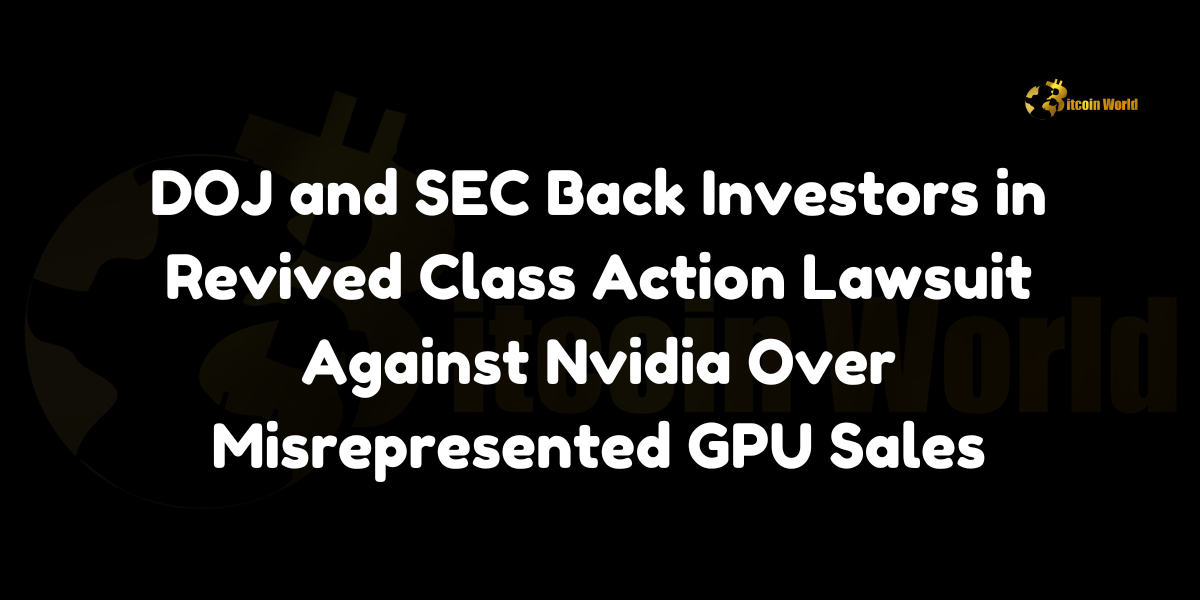
The AI model “GPT4All” isn’t as powerful as OpenAI’s ChatGPT-4 but requires just 4GB of space and doesn’t need the internet, providing immunity to AI censorship.
It is now possible to install and run a “ChatGPT-like” personal artificial intelligence (AI) on a home computer even without an internet connection, and Elon Musk has warned AI development has brought us closer to a technological point of no return.
Brian Roemmele, the founder of the technology blog Multiplex, wrote a detailed guide on how to install the personal AI “GPT4All” on April 11, calling it a “first PC” moment for personal AI.
This is the "first PC" moment for Personal AI and with it will be limitations just like when the first Apple 1 was produced in a garage. You are a pioneer. Today private and Personal AI is available to anyone.
— Brian Roemmele (@BrianRoemmele) April 12, 2023
Download it for free and join the revolution. https://t.co/5rZ9w5osvD
GPT4All, which was built by programmers from AI development firm Nomic AI, was reportedly developed in four days at a cost of just $1,300 and requires only 4GB of space.
Roemmele warned that it is not as powerful as ChatGPT-4 from AI firm OpenAI, itself a huge improvement on its predecessor ChatGPT-3.5, but is still a powerful tool in its own right, noting:
“Are there limitations? Of course. It is not ChatGPT 4, and it will not handle some things correctly. However, it is one of the most powerful Personal AI systems ever released.”
Tesla and Twitter CEO Elon Musk has been a vocal critic of AI development and signed a letter published by the United States think tank Future of Life Institute on March 22 calling for all AI companies to “immediately pause” training powerful AI systems.
Related: Elon Musk reportedly buys thousands of GPUs for Twitter AI project
The letter warned that “human-competitive intelligence can pose profound risks to society and humanity,” a sentiment that Musk echoed in an April 12 tweet in which he joked “The Singularity is near.”
The Singularity is near
— Elon Musk (@elonmusk) April 12, 2023
The singularity refers to a hypothetical point in time where technological growth becomes uncontrollable and irreversible, possibly helped by a self-improving synthetic intelligence.
While some view a technological singularity as a positive development, others believe it could be disastrous, leading to a dystopian future — similar to that depicted in the popular Terminator sci-fi franchise.
Roemmele has a different perspective on AI, arguing in his guide that it is more appropriately called IA, or “Intelligence Amplification,” and in response to the push for a pause suggested that people should “choose a side.”
I will speak frankly.
— Brian Roemmele (@BrianRoemmele) April 12, 2023
“They” want to “shut it all down” the AI and centralized it and edited it to fit the belief dogmas of a whimsical moment.
You have a free link to Personal AI right this moment and not a person can promise it will always be there.
Choose a side. https://t.co/hBHxW7jAuH pic.twitter.com/WLkkdPTZvb
Roemmele claimed that “AI is rapidly becoming the target of censorship, regulation and worse,” citing Italy blocking ChatGPT on March 31, and added that “this may be the last chance to own your own AI.”
Hodler’s Digest, April 2-8: BTC white paper hidden on macOS, Binance loses AUS license and DOGE news





